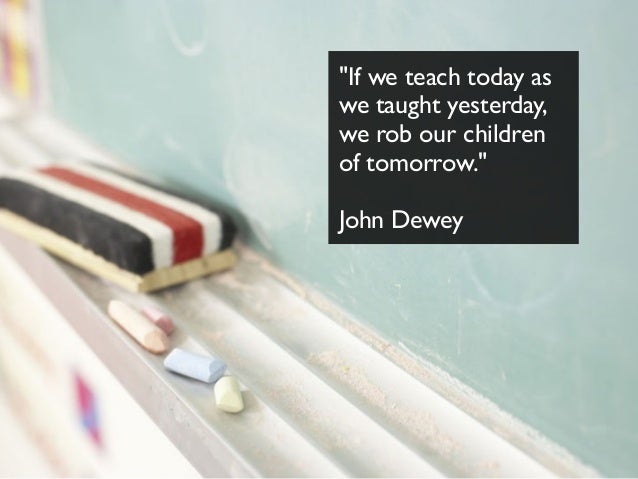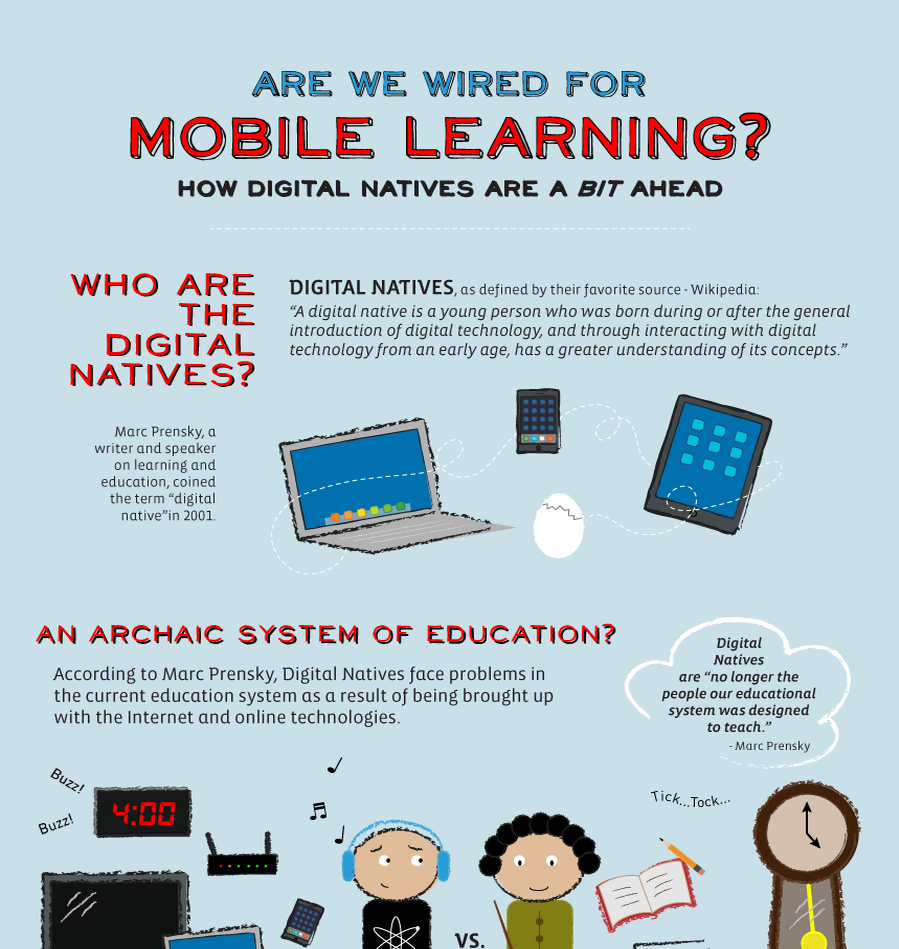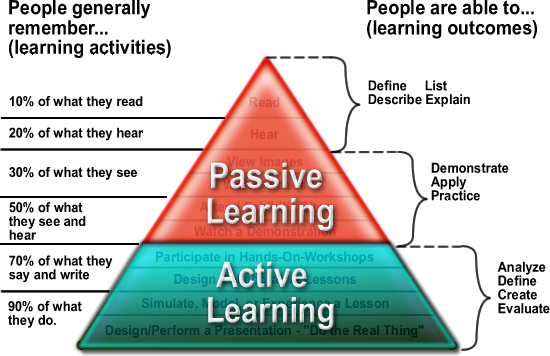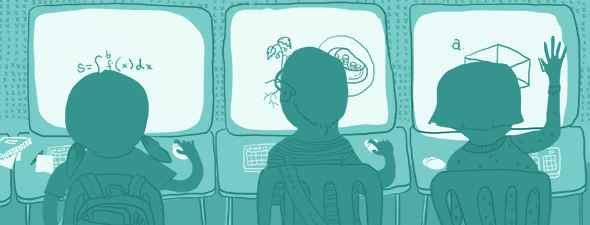The extent to which computers can replace teachers, I think that a satisfactory answer has come down to be that teachers are irreplaceable. Rather, technology is best to be used and is necessary as a tool in the 21st century classroom. As said by Jeff and Katie Dunn in their article, " Technology is not the lesson, it is there to enhance the lesson." It is the best of both worlds that will provide the best form of education for students. " The modern teacher must be willing to take chances and be able to figure out not just how technology works but how it works for each student, and where its use is most appropriate."

(picture source)
The bar for education has evolved and risen high in this 21st century and will continue to do so. To adapt to that, change to the teaching and learning in the classroom is necessary to prepare students for the also ever changing outside world beyond their education career. According to Thomas Arnett, he mentions in his article that " Traditional classrooms were designed to prepare students for jobs in the industrial economy of the past. To meet this end, the system was set up to process seemingly homogeneous batches of similarly aged students through one-sized fits all instruction." Times have long since changed, " The model of monolithic classroom instruction from the late 1800's just wasn't designed to allow teachers to meet 21st century expectations."

(picture source)


